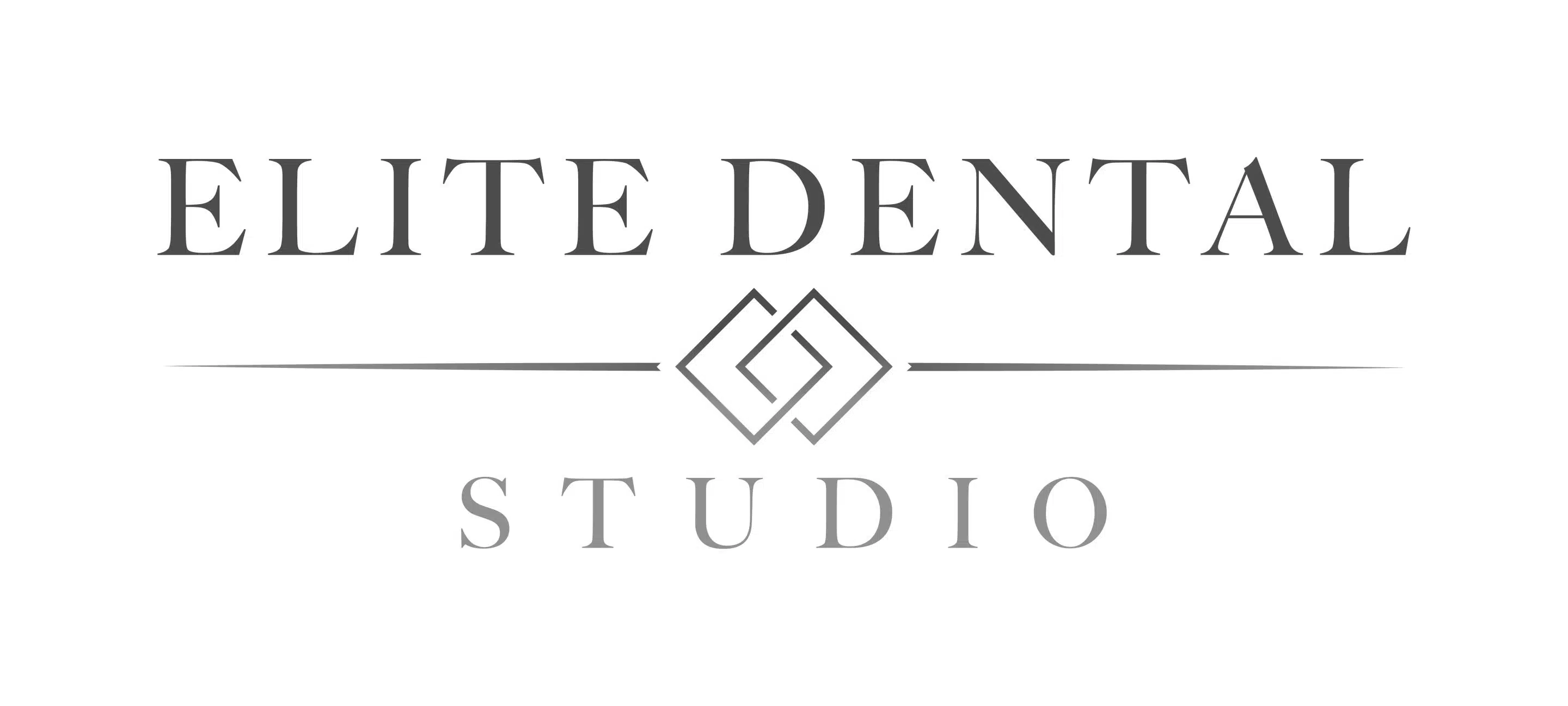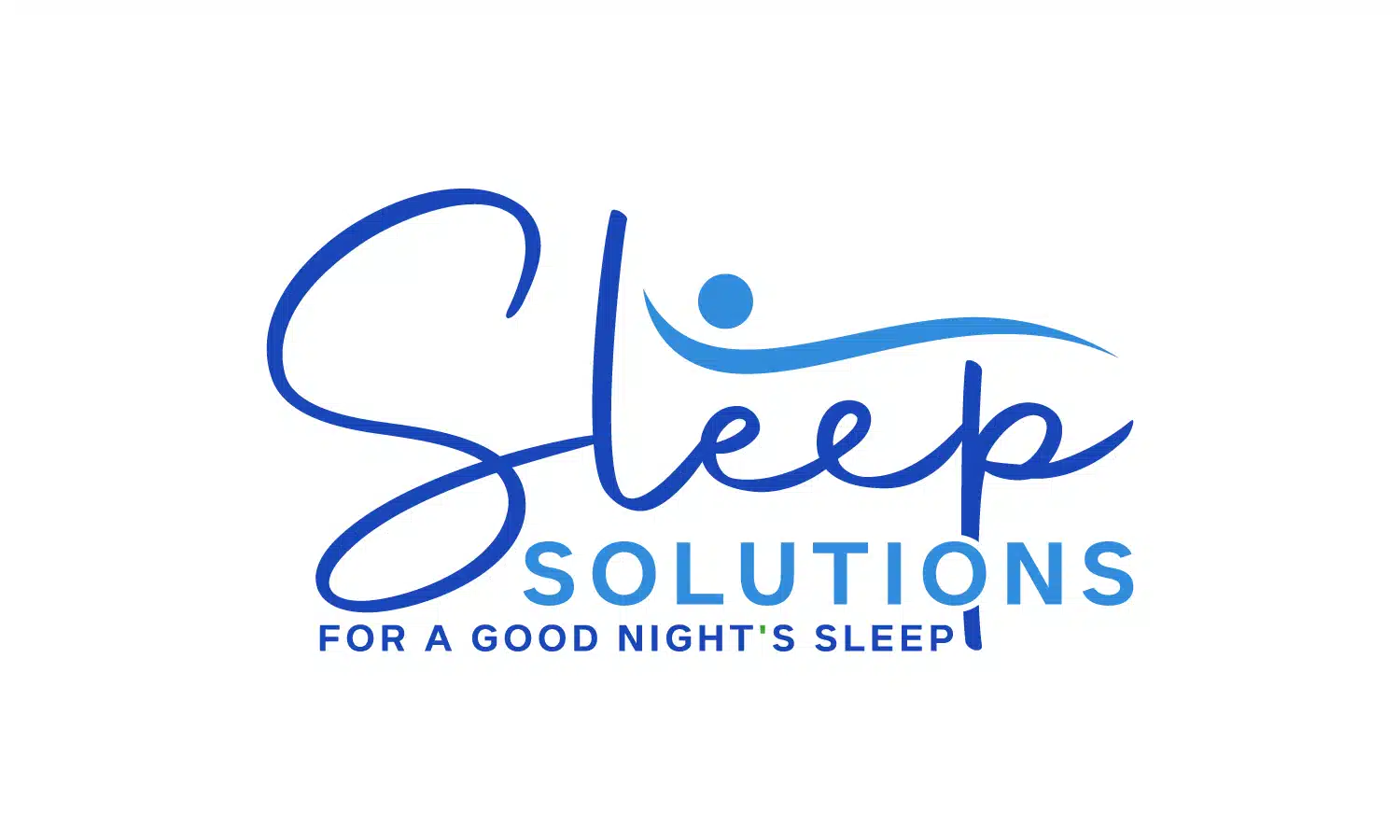At Elite Dental Studio we offer laser dentistry. Thanks to advancements in technology, we now have access to a wide array of innovative tools and techniques that make oral healthcare more efficient, less painful, and more precise. One such game-changing tool is the dental laser. We continue our tradition of using the latest technology by adding a dental laser to our treatment options.
-
Why Do Some Dentists Use a Laser?
Dental lasers have revolutionized the field of dentistry by offering a non-invasive and minimally painful alternative to traditional tools and techniques. Dentists use lasers for a variety of reasons:
- Precision: Lasers allow for incredibly precise and targeted treatments, minimizing damage to surrounding healthy tissue.
- Minimized Discomfort: Laser procedures are often less painful than traditional methods, reducing the need for local anesthetics.
- Reduced Bleeding: Lasers can effectively cauterize blood vessels during procedures, minimizing bleeding.
- Faster Healing: The non-invasive nature of laser dentistry often leads to quicker recovery times.
- Improved Outcomes: The precision and effectiveness of dental lasers can lead to superior results.
-
What Procedures Can a Dentist Do with a Laser?
Dental lasers are incredibly versatile tools that can be employed in a wide range of procedures. Here are some of the common treatments in which dentists use lasers:
a. Tooth Decay Treatment (Cavity Preparation): Dental lasers can remove tooth decay and prepare a tooth for a filling or bonding.
b. Gum Reshaping and Contouring: Lasers can reshape gum tissue, providing a more balanced and appealing smile.
c. Soft Tissue Biopsies: Dentists can use lasers to remove small tissue samples for biopsy, aiding in the diagnosis of oral diseases.
d. Tooth Whitening: Laser-assisted teeth whitening procedures are more effective and quicker than traditional methods.
e. Periodontal (Gum) Treatment: Laser therapy can be used for deep cleaning and disinfection of gum pockets in cases of gum disease.
f. Oral Lesion Treatment: Lasers can be employed to remove benign oral lesions such as canker sores and fibromas.
g. Root Canal Disinfection: Lasers are used to disinfect the root canals during root canal therapy, reducing the risk of infection.
h. Cold Sore and Fever Blister Treatment: Dental lasers can provide quick relief from the pain and discomfort of cold sores.
-
Is a Dental Laser Painful?
One of the major advantages of using dental lasers is that they often result in less pain and discomfort for patients compared to traditional dental procedures. While the perception of pain is subjective and can vary from person to person, it designed lasers to minimize discomfort in several ways:
- Precise targeting: Dental lasers are incredibly precise, meaning they can remove or treat the specific area requiring attention without affecting surrounding healthy tissue, reducing pain.
- Reduced vibration and noise: The absence of the noise and vibrations associated with traditional drills and tools can make the experience more comfortable.
- Less trauma to the tissue: Lasers are minimally invasive, leading to less trauma to the treated area and, therefore, less pain during and after the procedure.
- Decreased bleeding: Dental lasers cauterize blood vessels as they work, minimizing bleeding and post-operative discomfort.
-
Why Doesn’t a Dentist Need to Numb You If They Are Using a Laser for Fillings?
In some cases, dentists can perform laser-based fillings without the need for local anesthesia. This is because dental lasers are precise and often cause less discomfort than traditional drills. However, whether or not anesthesia is required depends on the individual patient’s pain tolerance and the extent of the dental work being done.
For shallow cavities and minor dental work, lasers may be used without anesthesia, and patients generally experience minimal discomfort. In contrast, for deeper cavities or more extensive procedures, the dentist may still opt to use local anesthesia to ensure the patient’s comfort. It’s essential to communicate your comfort level and preferences with your dentist so they can provide the most suitable treatment plan for your specific needs.
-
Does a Dental Laser Kill Bacteria?
Yes, dental lasers have the ability to kill bacteria and disinfect the treated area. The high-energy light emitted by dental lasers has a bactericidal effect, effectively eliminating harmful bacteria and reducing the risk of infection. This makes laser dentistry an excellent choice for procedures involving gum disease and root canal therapy, where the elimination of bacteria is crucial for successful treatment outcomes.
-
Does a Dental Laser Prevent Bleeding?
Dental lasers are effective at cauterizing blood vessels, which helps minimize bleeding during and after procedures. This ability is particularly advantageous in treatments involving gum tissue, such as gum reshaping, periodontal therapy, and soft tissue biopsies. Reduced bleeding not only enhances patient comfort but also improves the visibility and precision of the procedure, allowing the dentist to achieve optimal results.
-
Are Laser Dental Procedures Better Than Traditional Ones?
The question of whether laser dental procedures are better than traditional ones is a nuanced one, as it depends on the specific procedure and the patient’s individual needs. However, dental lasers offer several advantages over traditional methods, which make them a preferred choice in many situations:
- Precision: Laser dentistry allows for highly precise and targeted treatments, minimizing damage to healthy tissue and ensuring superior outcomes.
- Minimized Discomfort: Laser procedures are often less painful, reducing the need for local anesthesia and post-operative discomfort.
- Reduced Bleeding: Dental lasers cauterize blood vessels, resulting in less bleeding during and after procedures.
- Faster Healing: The non-invasive nature of laser dentistry often leads to quicker recovery times.
- Minimized Swelling: Patients typically experience less swelling after laser procedures, enhancing overall comfort.
- Enhanced Disinfection: Dental lasers effectively kill bacteria and disinfect the treated area, reducing the risk of infection.
- Improved Aesthetics: Lasers can reshape gums and teeth for a more aesthetically pleasing smile.
While dental lasers offer numerous advantages, it’s important to note that not all dental procedures can be performed with lasers, and some complex cases may still require traditional techniques. Your dentist will assess your unique situation and recommend the most appropriate treatment approach.
-
Does a Dental Laser Help with Gum Disease?
Dental lasers have proven to be an invaluable tool in the treatment of gum disease, also known as periodontal disease. Gum disease is a common oral health issue that can lead to gum inflammation, bleeding, and even tooth loss if left untreated. Laser therapy, known as laser-assisted periodontal therapy (LAPT) or laser-assisted new attachment procedure (LANAP), has demonstrated several benefits in managing gum disease:
- Bacterial Reduction: Dental lasers effectively eliminate bacteria in the gum pockets, helping to control and manage the infection.
- Minimal Discomfort: Laser therapy is often less painful than traditional gum surgery, making it a more comfortable option for patients.
- Preservation of Healthy Tissue: Laser-assisted procedures are minimally invasive, which means they spare healthy gum tissue while targeting the infected areas.
- Faster Healing: Patients typically experience quicker recovery and less post-operative discomfort with laser-assisted gum disease treatment.
- Improved Outcomes: Laser therapy can promote tissue regeneration and reattachment of the gums to the teeth, which is crucial for preventing disease progression.
- Reduced Bleeding: Dental lasers cauterize blood vessels, leading to minimal bleeding during the procedure.
Dental lasers play a vital role in treating gum disease and offer a more comfortable and effective alternative to traditional surgical methods.
Dental lasers have ushered in a new era of oral healthcare, offering patients and dental professionals a wide array of benefits. From precise and minimally invasive procedures to reduce discomfort and faster healing, the advantages of using lasers in dentistry are clear. They are particularly beneficial for treatments involving tooth decay, gum disease, soft tissue surgeries, and many other dental procedures.
While dental lasers are not suitable for every situation, they have undoubtedly become an indispensable tool in modern dentistry. If you are considering a dental procedure, consult with Dr. Perry to explore the options available and determine the most suitable approach for your specific needs. Whether it’s for a cavity treatment, gum reshaping, or managing gum disease, dental lasers can provide a more comfortable and efficient path to a healthier and more beautiful smile.
Ready to get started?
Our Dental Studio
Call or text (508) 366-8808
11 West Main Street, 2nd fl,
Westborough Ma. 01581
Monday: 8 AM - 5 PM
Tuesday: 8 AM - 7 PM
Wednesday - Friday: 8 AM - 5 PM
Saturday: 8 AM - 2 PM
Our dentist office is on the 2nd floor at 11 West Main St in Westborough, MA. There's free street parking right in front of the entrance.





